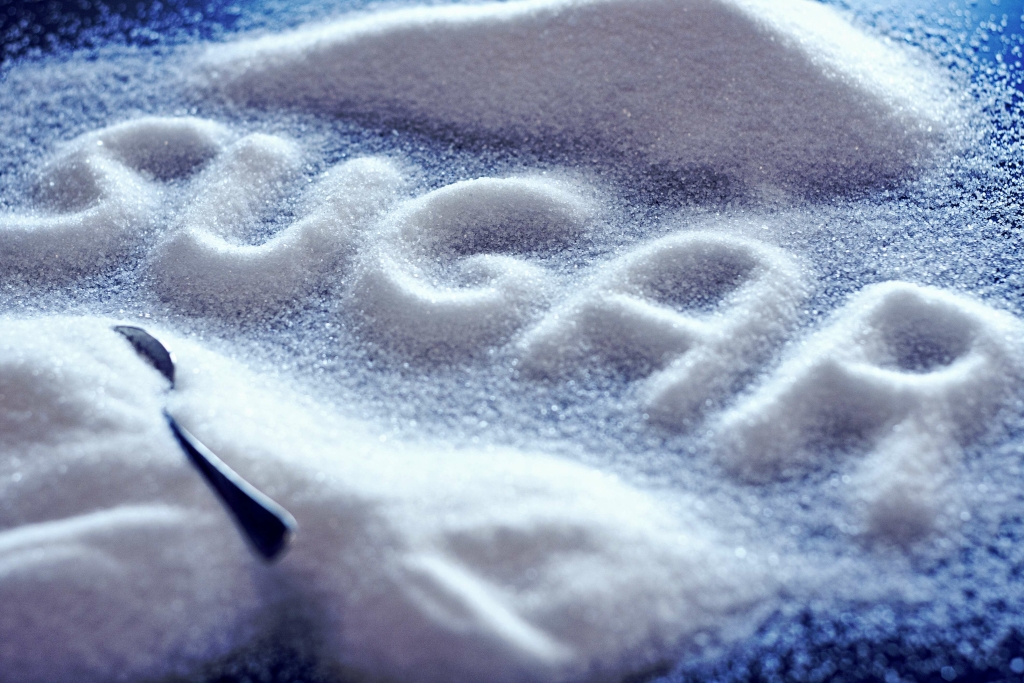Alcohol and Your Kidneys National Kidney Foundation
In addition, Iwatsuki and colleagues (1973) and Gonwa and Wilkinson (1996) documented the return of normal kidney function in hepatorenal syndrome patients who receive liver transplants. Alcoholic patients also may develop low blood levels of phosphate by excreting too much of this ion into their urine. Typically, chronic alcoholic patients are losing up to 1.5 g/d of phosphate through their urine when they have reached the point of being sick enough to accept hospitalization. Interestingly, age makes a difference in how rapidly the body escapes alcohol’s ADH-suppressive effect. People older than age 50 overcome suppression of ADH more quickly than their younger counterparts do, despite reaching similar serum electrolyte concentrations after alcohol consumption. In older people, ADH levels sharply increase following alcohol intake, perhaps in part because sensitivity to increased electrolyte concentration is enhanced with age.

“Everybody thinks they drink a lot,” said Dr. Amy Krambeck, a urologist at Northwestern Memorial. It is best to discuss factors such as alcohol consumption with a healthcare professional. Organizations, such as the Arthritis Foundation, suggest that drinking https://ecosoberhouse.com/ moderate amounts of alcohol (between 5 and 10 grams daily) may provide some anti-inflammatory effects. However, they also note that drinking can have several negative effects, including interacting with arthritis medications and triggering gout flare-ups.
Alcoholic Cardiomyopathy: Another Potential Confounder
Alcohol can hamper the regulation of acidity, thus affecting the body’s metabolic balance. What about the kidney pain some people claim alcohol and kidneys to feel after a night of drinking? According to Dr. Bobart, there’s no research to suggest a link between alcohol and kidney pain.

Alcohol can increase uric acid levels in the blood, though it may not be consistent across all alcohol types, according to a 2023 study. According to a 2019 study, alcohol can suppress the innate immune system. This can make a person more susceptible to infections, but it could also help reduce the body’s inflammatory response in cases such as acute injury, which can lead to pain, including joint pain. If that damage continues, scar tissue can build up in the liver, leading to the third stage, cirrhosis. Approximately 20 percent of people with alcohol-related fatty liver disease will progress to cirrhosis. Results of the multivariable Cox proportional hazards analysis of the incidence of chronic kidney disease.
Alcohol’s Impact on Kidney Function
Blood pressure can be controlled or improved by limiting alcohol intake. In some cases, a renal vitamin or multivitamin may be recommended to you by your dietitian. Be sure to discuss with your healthcare team which type of vitamin and dose is best for you. However, there is no specific research on how wine affects potassium levels when consuming alcohol.
- Similarly, clinicians long have noted significant kidney enlargement (i.e., nephromegaly) in direct proportion to liver enlargement among chronic alcoholic2 patients afflicted with liver cirrhosis.
- The damage can usually be reversed if you stop drinking and allow your kidneys to recover, but it can sometimes cause irreversible damage to the kidneys.
- Having an occasional glass of alcohol may not cause any harmful effects if your kidney functions regularly.
- In addition, excess fluid accumulates in spaces between cells, clinically manifested as swelling (i.e., edema) of the lower back and legs.
